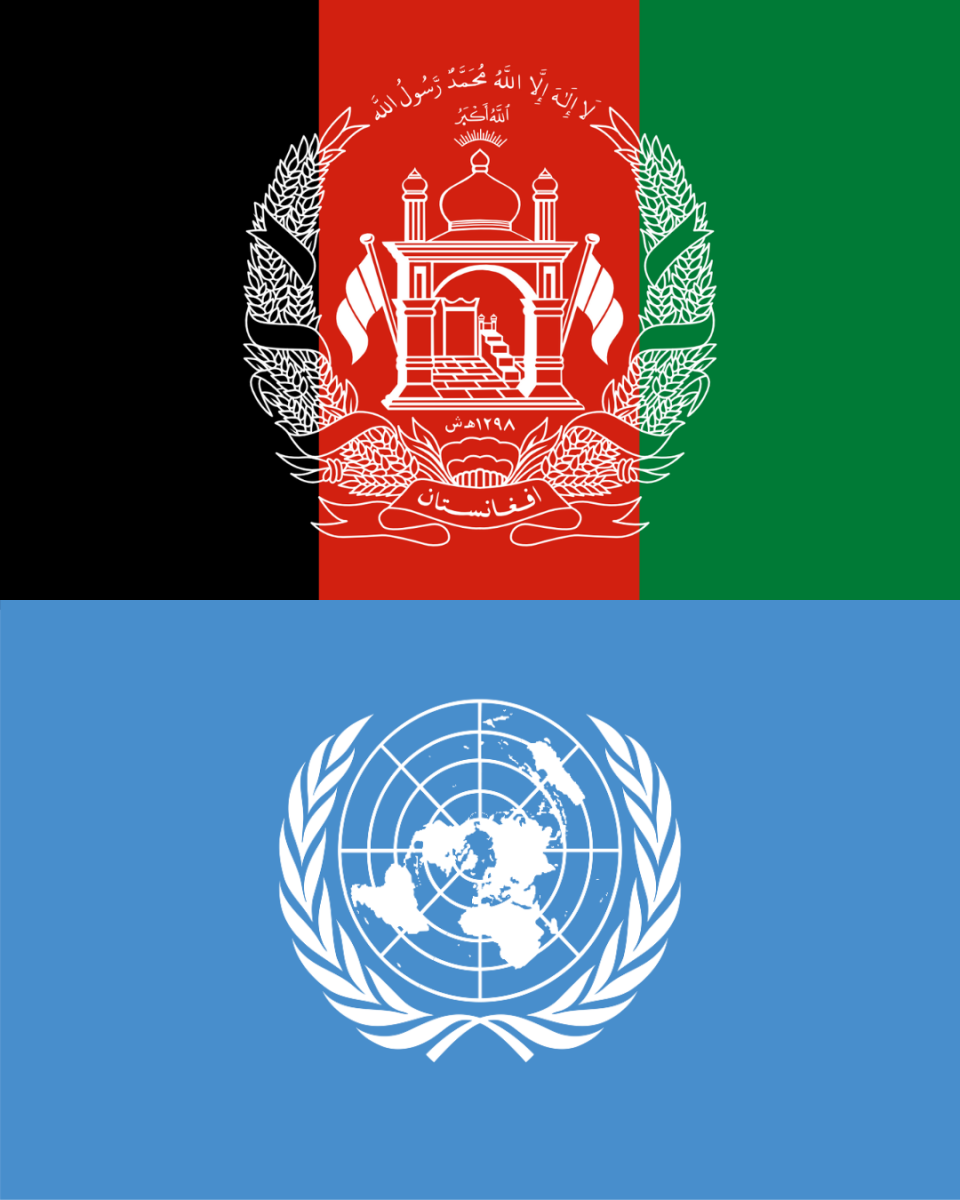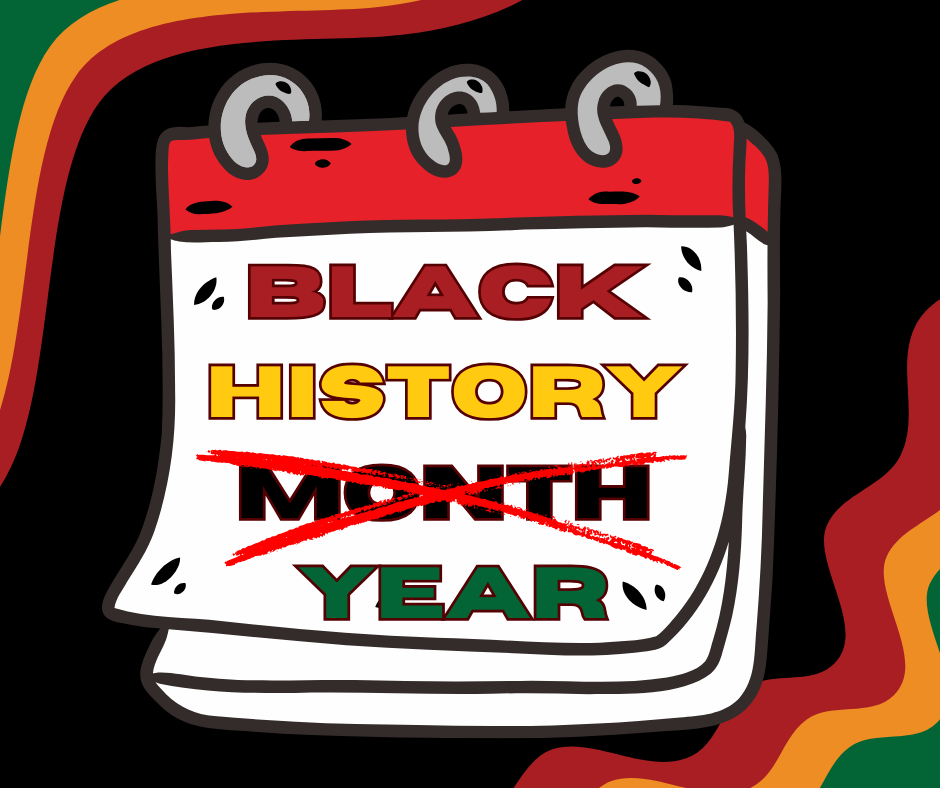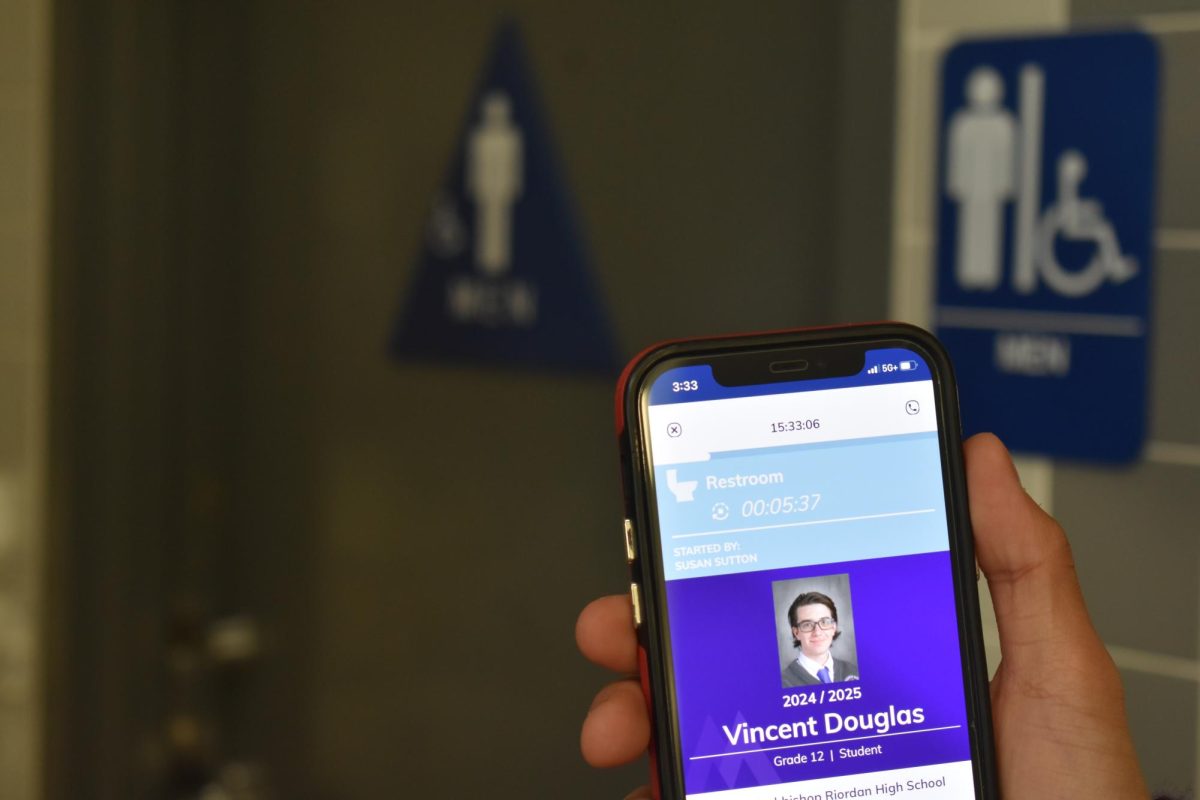Although the set age-limit to vote is 18, minors still have the ability to actively participate in the election process by staying educated on ballot measures and candidates, working at polling places, watching debates, and other projects.
No matter one’s opinion or party, politics still affect your surrounding community. Not being able to vote in the presidential elections shouldn’t restrict someone’s voice, as there are still opportunities to get involved.
With the assistance of research, witnessing rallies and debates, and engaging in dialogue with adults and other teens, students can maturely converse about politics and formulate their own opinions.
Rizlin Jew ’22 agreed, saying, “Despite being under 18, we’re citizens of the country and our duty to our nation and to ourselves is to exercise our rights.”
This isn’t necessarily suggesting lowering the voting age, but there is a measure on the ballot supporting the idea.
For those who cannot vote, they can also participate as a volunteer poll worker, which is allowed for anyone over the age of 16
“A poll worker’s job is to maintain a free, fair, and functioning election. I gain an understanding of how our elections are processed. Being a poll worker helps me understand politics because I can see how our voices are heard and how everything works during the election day” said volunteer Andrei Lynch ’ 22.
What else can teens do? Easy. Watch debates, remind those eligible, register early, and research a varied range of opinions before speaking on a topic. On top of this, look into issues and policies candidates support, or share informational posts on social media reminding others where to vote.
Casting a vote is extremely important. By living in a democracy, our voices are more than acknowledged, they’re accounted for.
We’ve worked hard for the right to vote, exercise it. As the upcoming generation, it’s our duty to lead the nation in the correct direction. Oftentimes, our opinions differ from those already in office or a position of power, remember, “Voting is an opportunity for change.”
No good comes from withholding a vote.
For example, in 1960 during John F. Kennedy’s presidential election, if one U.S. Senator and a singular person from each voting site changed his or her ballot; Richard Nixon would have won. This situation puts into perspective that every vote does in fact count.
The Crusader staff encourages all students to become involved and take advantage of the influence they hold. As active members of society, we must understand the privilege voting presents and remember to respect it.






